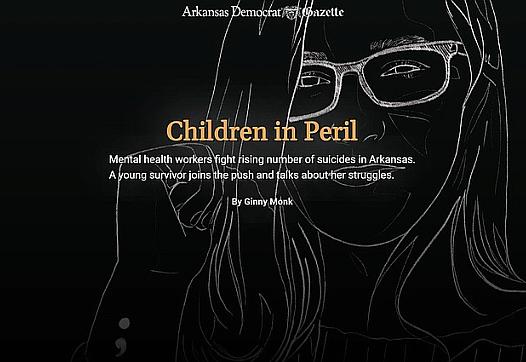
Kids need help, frank talk, experts say.

Kids need help, frank talk, experts say.
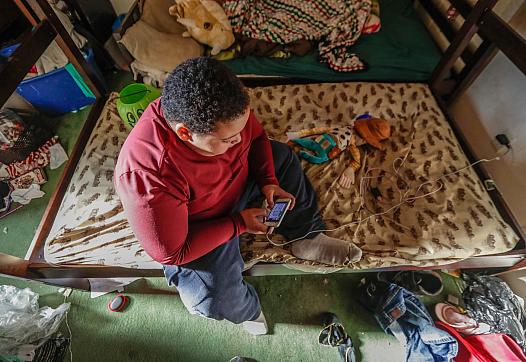
This zip code has more poor households than anywhere else in Florida. The coronavirus outbreak has only made it worse.
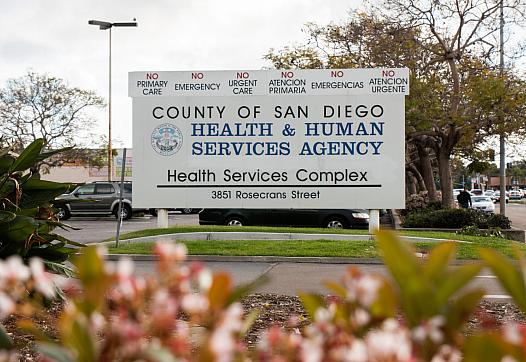
Recently, state and county officials rolled out plans for mass COVID-19 testing in nursing homes. But there’s no roadmap for widespread testing in another senior care venue: assisted living facilities.
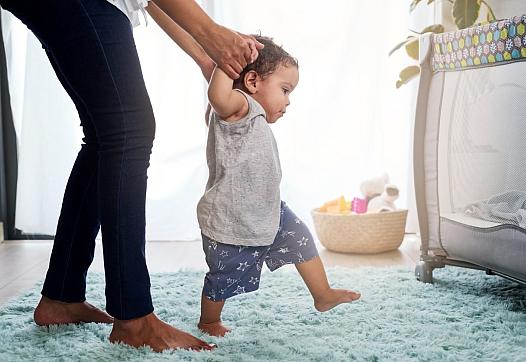
Research shows home visiting programs can help prevent child abuse and neglect, improve school readiness, increase the physical and mental wellbeing of moms and kids.
Amid pandemic, young kids with special needs missing out on services
For Survivors of Violen
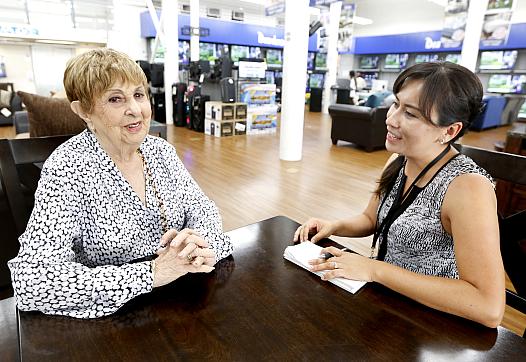
As DACA is spared, a journalist reflects on the program that helped her realize her dreams, get a job, and tell the stories of people forced to live in the shadows.
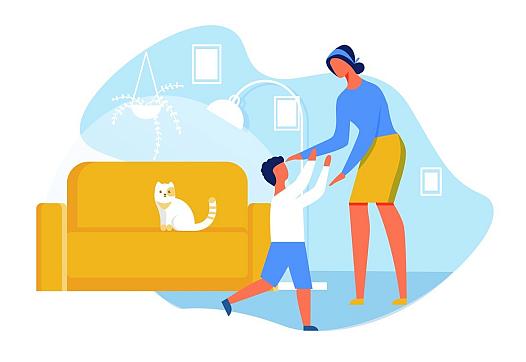
Domestic violence, the leading cause of homelessness among women and children, is increasing during the pandemic.

The report comes six weeks before the reform school will attempt to win back its licenses and reopen
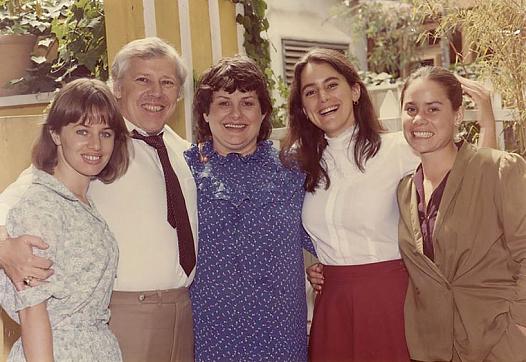
Some were more well-known to the public than others but ‘they were all well-known to us and loved by us,’ said Bob Beitcher, president and CEO of the Motion Picture and Television Fund.
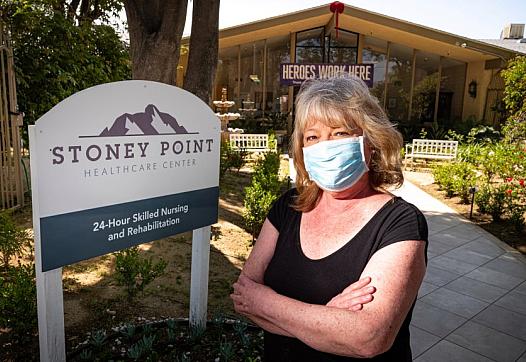
Local leaders have described the deadly toll within skilled nursing facilities as a “pandemic within a pandemic.”
The 32304 zip code was cited by the Florida Chamber of Commerce as one of extreme poverty, but the state lacks granular data on kids' health there.